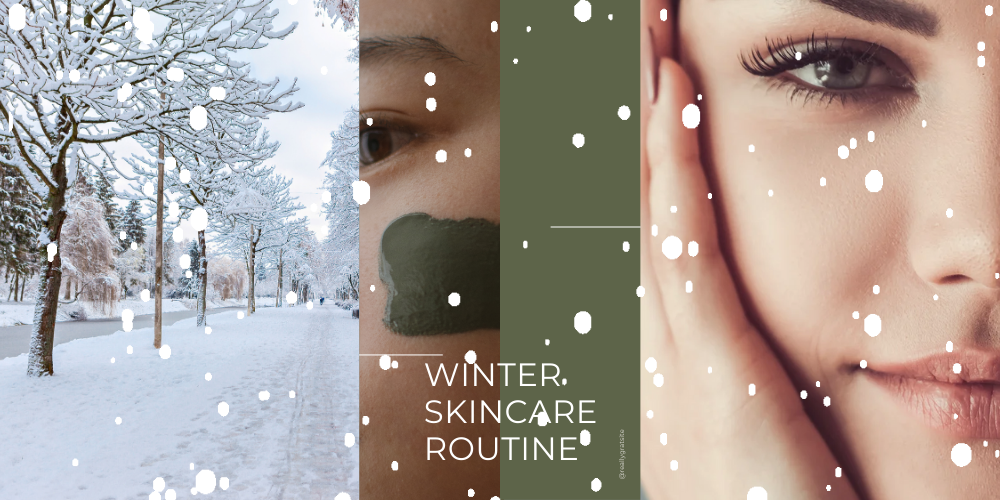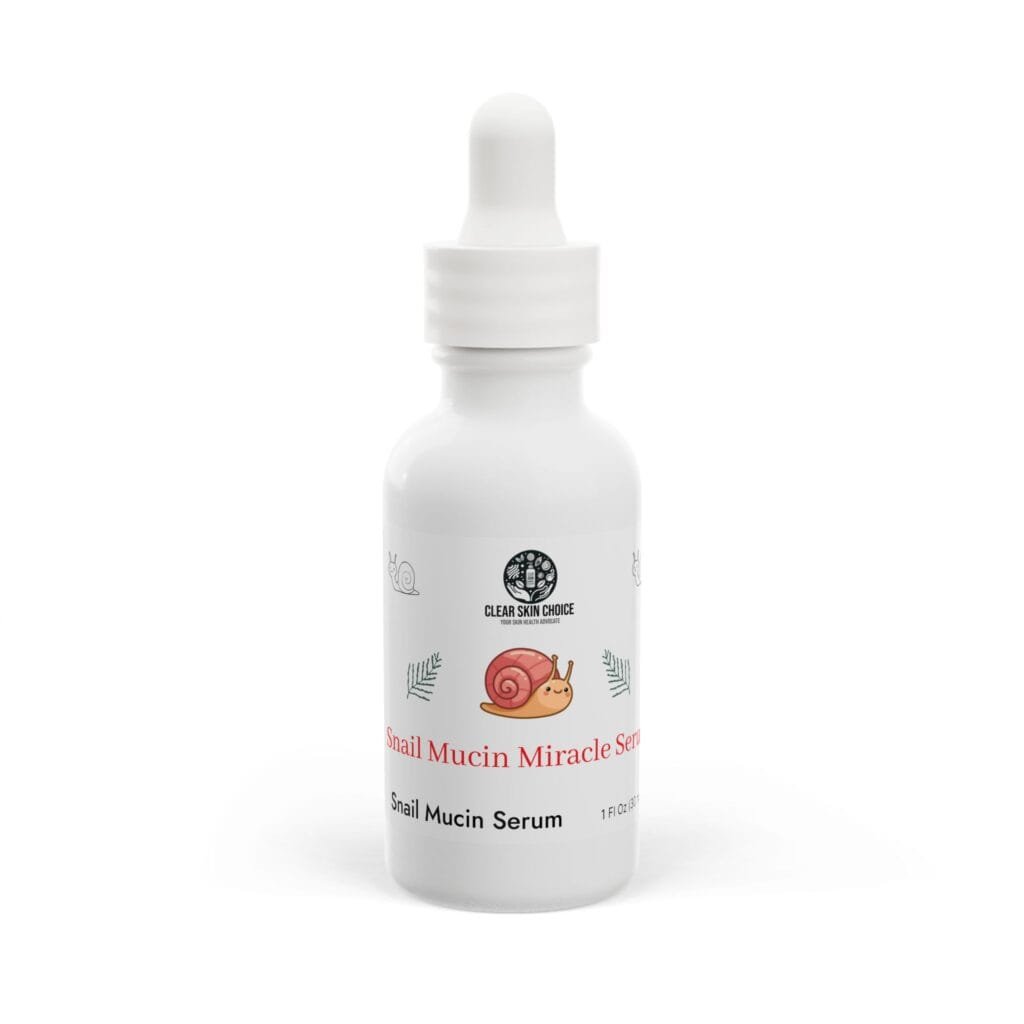Understanding Autoimmune Skin Conditions in Winter
Table of Contents
Your winter skincare routine presents unique challenges for individuals with
Biologically, when exposed to cold weather, the body reacts by constricting blood vessels to conserve heat, which in turn reduces blood flow to the skin. This reduced circulation can lead to a decline in essential nutrients and oxygen, resulting in diminished skin health. Additionally, indoor heating systems, often used during winter, further contribute to low humidity. This dry air strips moisture from the skin, aggravating conditions characterized by dryness and itching. For individuals with
Psoriasis, too, can be impacted negatively by winter conditions. Cold air may trigger keratinocytes (the primary cell type in the outer layer of the skin) to proliferate more rapidly, exacerbating the thick, scaly patches characteristic of the condition. Similarly, lupus can cause heightened skin sensitivity, leading to increased discomfort when faced with brisk, cold winds or dry indoor environments. In essence, the winter landscape poses a heightened risk for those with

Essential Elements of a Winter Skincare Routine
Winter presents unique challenges for individuals with
Moisturizing is equally vital, as it forms a protective barrier that prevents moisture loss while keeping the skin supple. Individuals with autoimmune conditions should opt for thicker creams or ointments, specifically those containing ceramides and fatty acids, as these ingredients help repair and reinforce the skin’s natural barrier. This additional layer of nourishment can significantly alleviate the discomfort associated with dry winter skin.
Protection against environmental stressors is another critical component of a winter skincare routine. Cold weather can exacerbate skin conditions, making it important to shield the skin from harsh elements. Utilizing broad-spectrum sunscreen before stepping outside, even on cloudy days, is essential. Additionally, wearing appropriate clothing and avoiding excessive exposure to cold winds can further help protect sensitive skin.
Layering products is a recommended approach for maximal effectiveness, particularly for those with
Recommended Skincare Products for Autoimmune Conditions
Managing
One highly recommended product is the CeraVe Moisturizing Cream. This cream is enriched with ceramides and
Another excellent choice is the La Roche-Posay Toleriane Double Repair Face Moisturizer. This moisturizer is specifically formulated for sensitive skin, offering 48-hour hydration while being free of potential irritants. It contains prebiotic thermal water and niacinamide, which help to soothe inflammation and redness, making it suitable for those with various autoimmune skin disorders.
The Aveeno Skin Relief Moisture Repair Cream stands out for its colloidal oatmeal content, which is known for its ability to alleviate dryness and calm itchy skin. This product serves as an effective option for individuals managing conditions like atopic dermatitis, providing long-lasting moisture and skin relief.
Lastly, the First Aid Beauty Ultra Repair Cream deserves mention for its intensive hydration properties. Formulated with colloidal oatmeal and shea butter, it not only hydrates but also creates a protective barrier against harsh winter elements that can exacerbate
By integrating these products into a winter skincare routine, individuals with
Lifestyle Tips to Supplement Your Skincare Routine
Incorporating lifestyle modifications can significantly enhance the effectiveness of your winter skincare routine, especially for those with
Dietary choices also have a direct impact on skin conditions. A well-balanced diet rich in antioxidants, vitamins, and fatty acids can support skin health from the inside out. Incorporating foods such as berries, nuts, fatty fish, and leafy greens can help provide essential nutrients that promote healing and reduce inflammation. Limiting processed foods and sugar can prevent exacerbations of symptoms associated with autoimmune disorders.
Stress management is another critical component of maintaining skin health during winter months. High stress levels can lead to flare-ups in autoimmune conditions, so incorporating relaxation techniques can be beneficial. Practices such as yoga, mindfulness meditation, or gentle exercise can help to lower cortisol levels and promote a sense of well-being. Additionally, establishing a consistent sleep schedule allows the body to repair and regenerate, further enhancing skin health.
Proper clothing choices can also make a difference. Choosing breathable fabrics that allow for moisture-wicking can prevent irritation and maintain optimal skin condition. Avoiding rough or scratchy materials will help minimize discomfort. Lastly, managing ambient humidity levels in living spaces is vital. A humidifier can alleviate dryness, preventing your skin from becoming parched and irritated during the winter. By embracing these lifestyle tips, you can effectively support your winter skincare routine, leading to healthier skin despite the challenges posed by autoimmune conditions.











